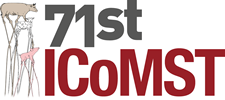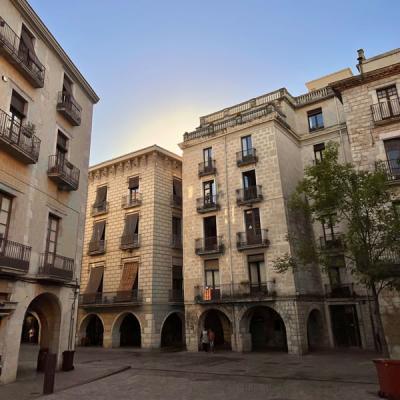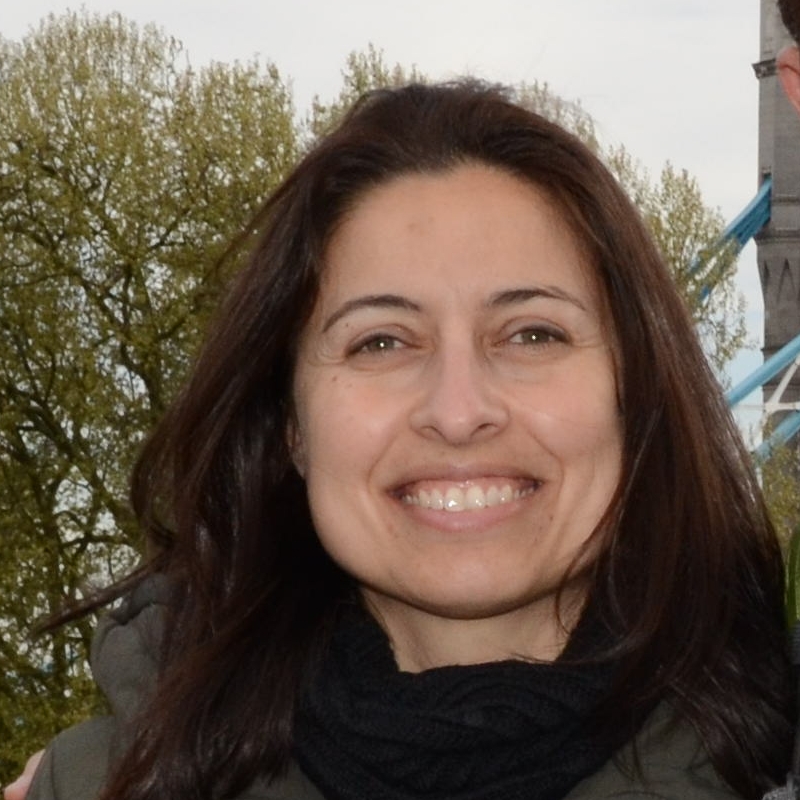
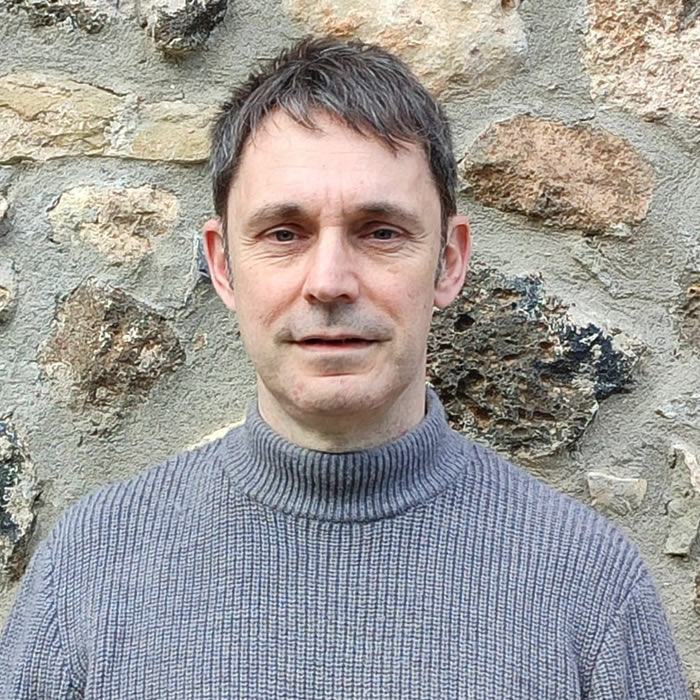
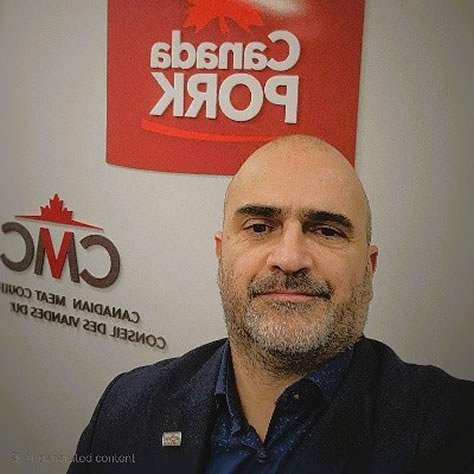
 Tentative title | Mycotoxins in meat products
Tentative title | Mycotoxins in meat products
Session | Session 6 – “Safety and quality”
Date and Time | Thursday, August 7th 2025
Bio
María J. Andrade is a Senior Lecturer in Food Safety and Nutrition at the University of Extremadura (UEx), Spain. She obtained her PhD in 2009 in the Food Hygiene and Safety Research Group of the UEx, focusing on the characterization of yeasts from dry-cured Iberian ham using molecular methods. She is currently working on the use of biocontrol agents (microorganisms and plant extracts) to minimize the hazard associated with the accumulation of mycotoxins in dry-cured meat products. She is co-author of more than 50 scientific publications in peer-reviewed journals and several book chapters. She has also participated as Collaborating and Leading Researcher in several projects financed with public fundings obtained in regional and mostly national competitive calls as well as in various research contracts with industries from the meat sector. Regarding teaching, she is the academic Coordinator of the Master's Degree in Meat Science and Technology at the UEx.
 Tentative title | Advancing the Valorization of Meat Co-Products in Food, Pet food, and Biomedicine Applications
Tentative title | Advancing the Valorization of Meat Co-Products in Food, Pet food, and Biomedicine Applications
Session | Session 1 - “Sustainability in meat production (including packaging)”
Date and Time | Monday, August 4th 2025
Bio
Mr. Bou holds degrees in Agricultural Engineering and Food Science Technology and completed his PhD at the University of Barcelona in 2005. As a postdoctoral researcher, he worked at the University of Massachusetts, the University of Barcelona, and the ICTAN Institute, part of the Spanish National Research Council, before joining IRTA.
His main research areas include the processing of meat and fish products, the role of porphyrins in color and lipid oxidation, the development of plant-based analogues, side-stream valorization, and the use of eco-innovative technologies. He is the author of over 80 review and research articles and has participated in more than 30 national and international research projects, as well as over 20 contracts with various companies.
 Tentative title | Global meat outlook: consequences of political tensions in the meat sector
Tentative title | Global meat outlook: consequences of political tensions in the meat sector
Session | Opening ceremony “Global meat outlook: factors affecting meat trade”
Date and Time | Monday, August 4th 2025
Bio
Jorge is working for the Council since 2010. He completed his Masters and Ph.D. in animal/meat science at Laval University in Quebec (Canada). Before joining the Council, Jorge worked for 10 years at a pork fully integrated company owned today by Olymel, the biggest pork company in Canada, at the Research & Development Department pursuing research trials, including genetics, animal feeding, animal welfare, food safety and meat quality. During his studies, he published more than 20 scientific articles. In his current role, Jorge manages the technical and regulatory national program that supports company members contributing to the quality and safety of meat produced in Canada and the meat industry competitiveness in the domestic and international markets. Jorge also liaises with Canadian Federal and Provincial Government, trade partner Governments and Canadian embassies around the world, producer associations and stakeholders in the supply chain to facilitate the understanding of meat processor’s positions on national/international regulatory framework, international trade agreements, market access issues, and anything that may affect the business priorities and sustainability of the Canadian meat industry.
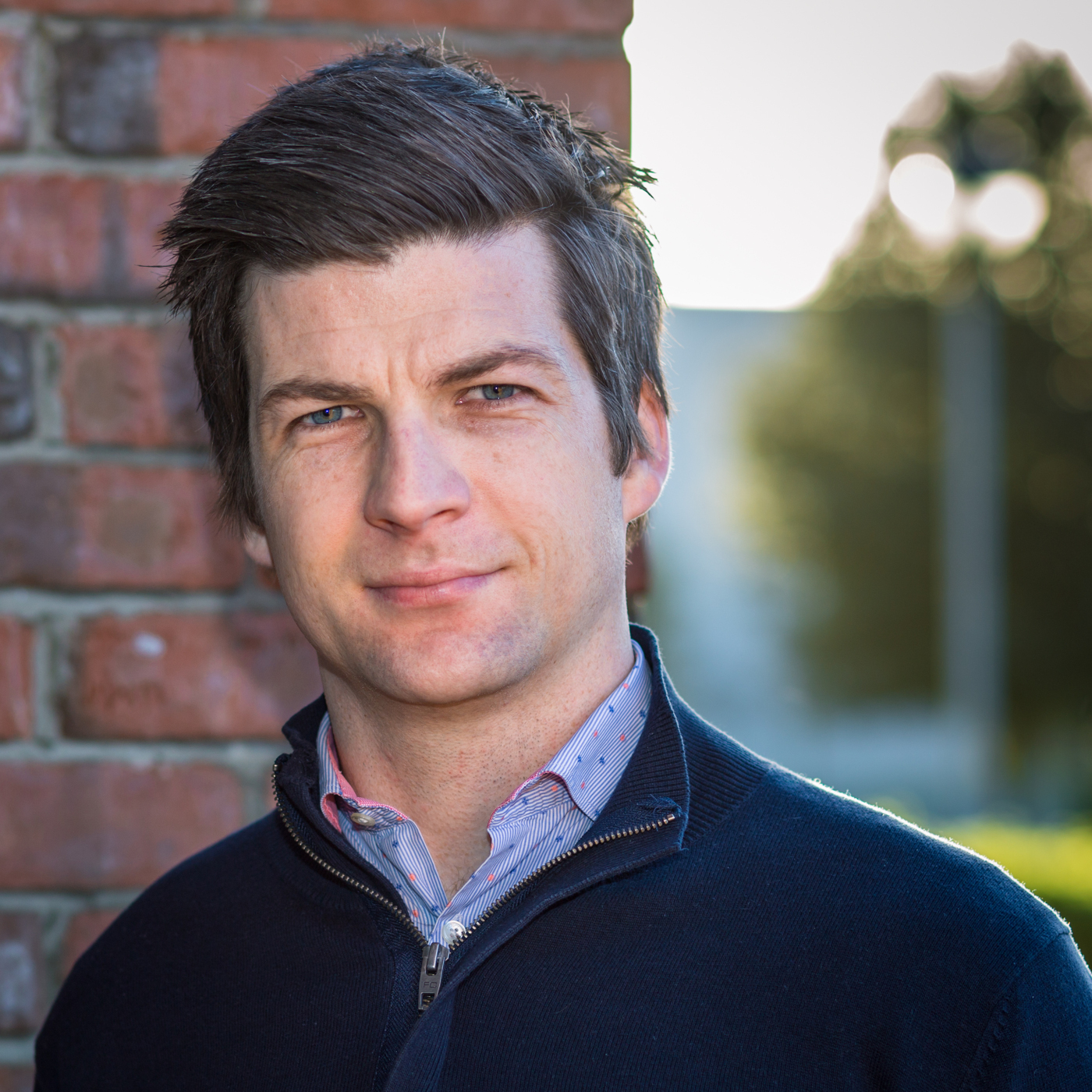
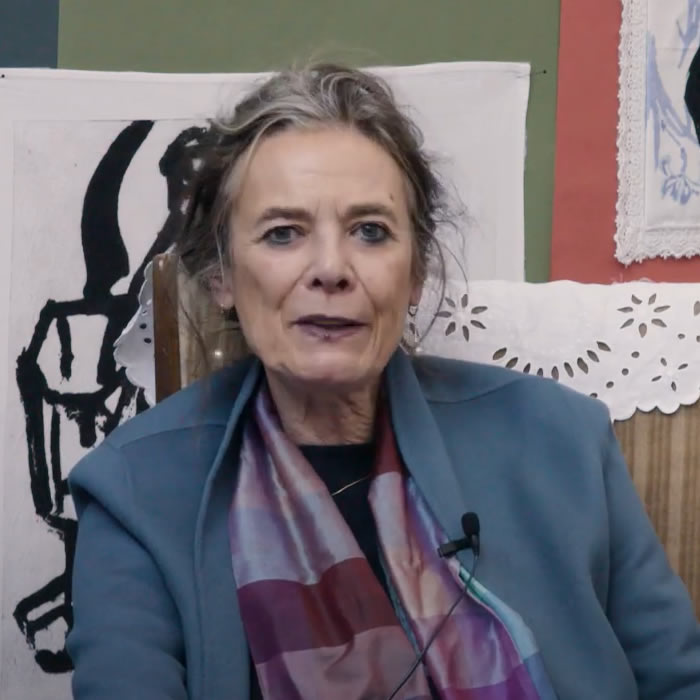

 Tentative title | The role of meat in the diet of athletes and active adults
Tentative title | The role of meat in the diet of athletes and active adults
Session | Session 9 – “Nutrition and Health”
Date and Time | Friday, August 8th 2025
Bio
Brendan Egan, PhD is an Associate Professor of Sport and Exercise Physiology in the School of Health and Human Performance, and Associate Dean for Research in the Faculty of Science and Health at Dublin City University. His research investigates skeletal muscle function and adaptation across the life course, with special interest in the synergy between nutrition and exercise interventions ranging from athletes to older adults. His research group performs human trials involving both acute and chronic interventions for outcomes around performance (physical and cognitive), recovery and adaptation, and have employed a wide range of experimental designs that have been complimented by molecular analysis tools include transcriptomics, proteomics and metabolomics. He is a Principal Investigator with Enterprise Ireland technology centre Meat Technology Ireland, an industry-academic partnership wherein his work package focuses on the potential benefits of red meat to human health.
 Tentative title | The value and necessity of animal production
Tentative title | The value and necessity of animal production
Session | Opening ceremony “Global meat outlook: factors affecting meat trade”
Date and Time | Monday, August 4th 2025
Bio
Louise O. Fresco, as President of Wageningen University & Research (WUR) since 1 July 2014 till 1 July 2022, received the Norman E. Borlaug Medallion in June 2022 for outstanding contributions to life sciences research and global food security. Her leadership strengthened WUR's societal impact and public engagement. Recognized for sustainable development efforts, she earned honorary doctorates from the University of Liège and KU Leuven in 2017. Fresco was honoured with the Comenius Prize in 2014 for promoting scientific awareness. In 2009, she spoke at the TED Conference in Palm Springs, and in 2008, she received the Groeneveld Award for significant contributions to the nature and landscape debate. Her 15 years in the UN, and many more in multilateral programs have shaped her understanding of how we humans change but also adapt to the dynamics of our planet. Louise firmly believes that we progress collectively through learning and correcting our mistakes. Notwithstanding the severity of the challenge we face, Dr. Fresco remains firmly optimistic about future progress, in food, agriculture, science, welfare and equity.
 Bio
Bio
Ole Alvseike graduated from the Norwegian School of Veterinary Science, Oslo in 1992. He has worked in large and small animal practice, and in the Food Safety Authority both locally and centrally. His PhD dealt with Salmonella epidemiology and public health. After a year in the Norwegian Public Health institute, he has worked in Animalia – Norwegian Meat & Poultry Research Centre since 2002, leading the work in meat safety, carcass grading, meat cutting. Alvseike is chairing the International Meat Automation Congress (iMAC). He led a working group in the recent COST Action “RIBMINS” (www.ribmins.com) addressing new technologies in Meat Safety Assurance Systems. Alvseike represents the Norwegian Veterinary Association in UEVH (Secretary General), and he is chairing FVE’s Working Group on Veterinary Public Health and Sustainability.
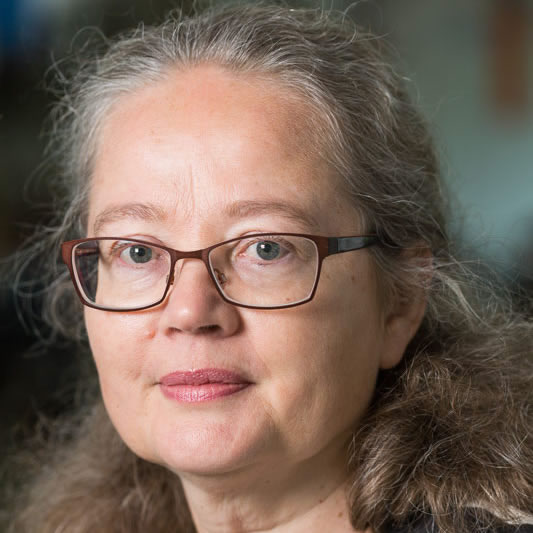
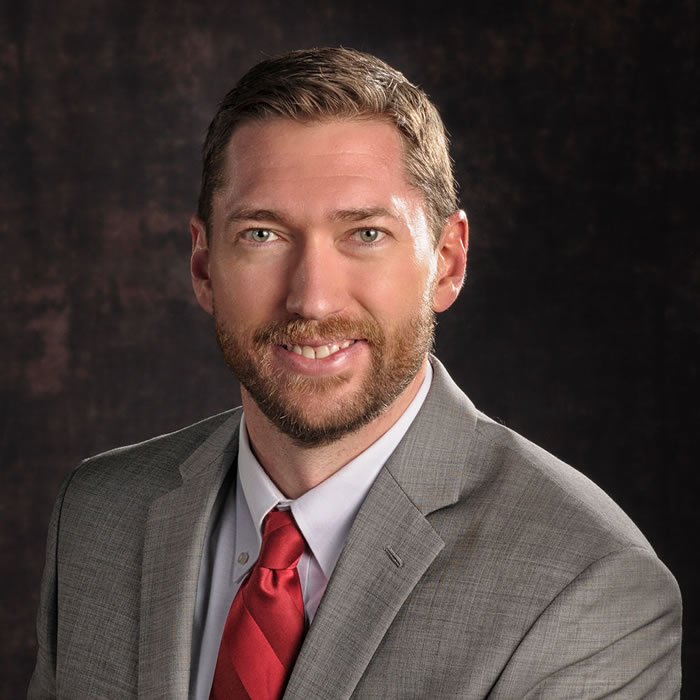
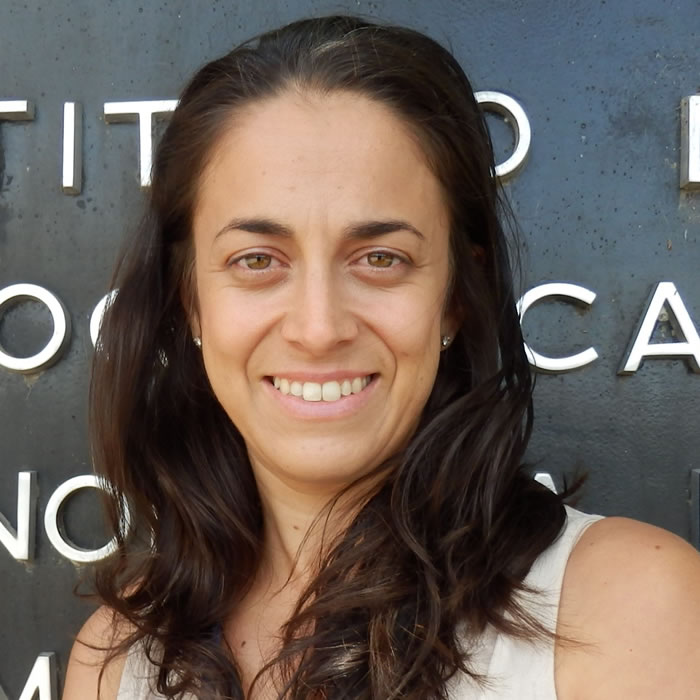
 Tentative title | The consumer aspects of future meat consumption
Tentative title | The consumer aspects of future meat consumption
Session | Session 8.1 – “Society and consumers”
Date and Time | Thursday, August 7th 2025
Bio
Liisa Lähteenmäki is a Professor in Consumer Behaviour and Food Choice at Aarhus University BSS and part of MAPP Centre. Her background is in psychology and nutrition. She is currently working with factors influencing consumers’ food choices with a special interest in acceptance of new innovations and the role of intrinsic and extrinsic product attributes in acceptance, as well as responsible and sustainable food-related behaviours (e.g. determinants of food waste in households) among consumers. Research interests include also communication challenges in the innovation processes and improving methods that can facilitate the integration of consumer insight in innovation processes. She has published over 100 peer-reviewed journal articles on consumer and food-related topics.
 Tentative title | Red meat biochemical and flavor changes through postmortem aging
Tentative title | Red meat biochemical and flavor changes through postmortem aging
Session | Session 5 - “Emerging technologies in meat processing”
Date and Time | Tuesday, August 5th 2025
Bio
Jerrad Legako, Ph.D. is an associate professor in the Animal and Food Sciences Department at Texas Tech University. Dr. Legako’s research program addresses pre- and post-harvest factors, which influence meat quality and safety. His research is supported through federal grants, foundations, and private industry. He is frequently invited to speak at national and international conferences, including the Reciprocal Meats Conference, American Society of Animal Science Annual Meeting, Institute of Food Technologists Annual Meeting, and the North American Meat Institute – Meat Industry Safety Conference. Dr. Legako has advised numerous graduate and undergraduate students who now work in various capacities within the meat and food industries, as well as academia. Dr. Legako has instructed courses, such as Food Analysis, Food Chemistry, Meat Technology and Processing, and Experimental Techniques in Meat Chemistry and Muscle Biology. Dr. Legako serves as a reviewer for multiple scientific journals and associate editor for Meat and Muscle Biology. Additionally, he is an active member within the American Meat Science Association, American Association of Animal Scientists, and Institute of Food Technologists.
 Tentative title | Umami and Koku peptides in traditional meat products
Tentative title | Umami and Koku peptides in traditional meat products
Session | Session 2 - “Traditional meat products and innovative trends”
Date and Time | Monday, August 4th 2025
Bio
Leticia Mora completed her PhD at the Universidad Politécnica of Valencia in 2010. Dr. Mora enjoyed a posdoctoral contract in Ashtown Food Research Centre, Teagasc (Dublin, Ireland) and later, a posdoctoral Marie Curie Intra-European Fellowship in Royal Holloway University of London (Egham, UK). Currently, Dr. Mora has a permanent position of Scientist in the Group of Food Proteins at the Institute of Agrochemistry and Food Technology belonging to the Spanish National Research Council (Valencia, Spain). She is involved as main researcher in several regional, national and international research projects, and has published more than 150 papers in peer-reviewed journals and 25 book chapters.
Dr. Mora’s main areas of experience are the isolation, identification, and sequence of naturally generated peptides in meat products, study of their bioactivity, taste, and quantitation, as well as the revalorization of meat industry-derived by-products through the generation of bioactive and taste-related ingredients produced from enzymatic hydrolysis with commercial enzymes.
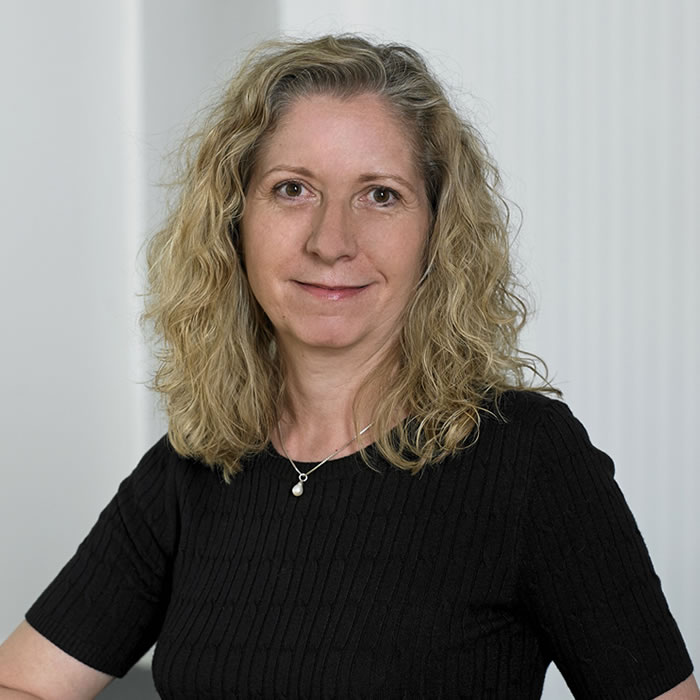
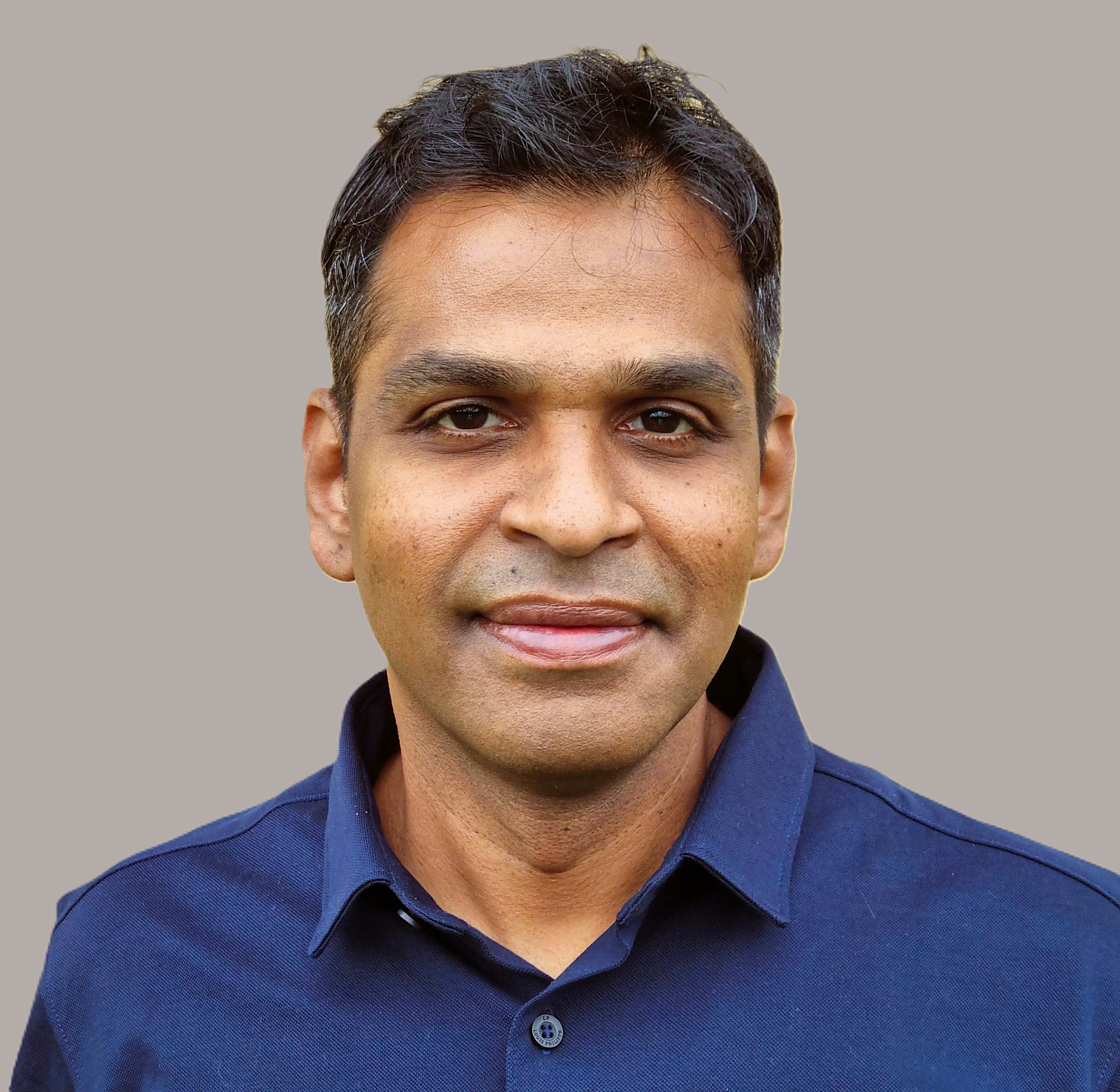
 Tentative title | The Costs, benefits and societal importance of animal welfare in slaughterhouses: A Review
Tentative title | The Costs, benefits and societal importance of animal welfare in slaughterhouses: A Review
Session | Session 3 - “Animal welfare and meat quality”
Date and Time | Tuesday, August 5th 2025
Bio
Dorte Schrøder-Petersen is educated as a veterinarian (1997) and has a PhD degree in ethology and epidemiology (Copenhagen University 2004). Throughout her entire professional career, she has worked with animal welfare in livestock production covering many different aspects. It has provided her with an EU-wide and global perspective and knowledge on livestock production from farm to fork. Her experience is comprehensive and ranges from working as a clinical veterinarian in a large animal practice, as an official veterinarian at slaughterhouses to a special veterinary advisor at a ministry, and finally as Head of Section for animal welfare at a Danish government-approved technology institute.
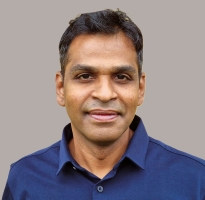 Tentative title |The role of metabolomics in advancing meat science
Tentative title |The role of metabolomics in advancing meat science
Session | Session 7 – “Muscle biology and Biochemistry (including omic)”
Date and Time | Thursday, August 7th 2025
Bio
Arvind has over 10 years’ experience working on metabolomics analyses of the various components of the farm-to-fork value chain, comprising soil, plants, animals, animal products (meat and milk), and their impact on human health. He therefore provides biochemical interpretation of the effects of both on- and off-farm practices on meat quality, and has published research on meat colour stability, flavour, cooking, breed and feed effects, consumer preference and consumption. He will discuss application of metabolomics technologies for meat science in the context of the value chain, and in comparison to plant-based alternatives.
As a principal investigator he has led or has been involved in government funded programmes including the National Science Challenge on High-Value Nutrition, Pastoral Genomics, and private sector collaborations with the Meat Industry Association of NZ, Australian Meat Processor Corporation, and NZ-based meat companies. He is currently working on metabolomics applications for sustainable production under climate resilient systems.
Round Table Chairs
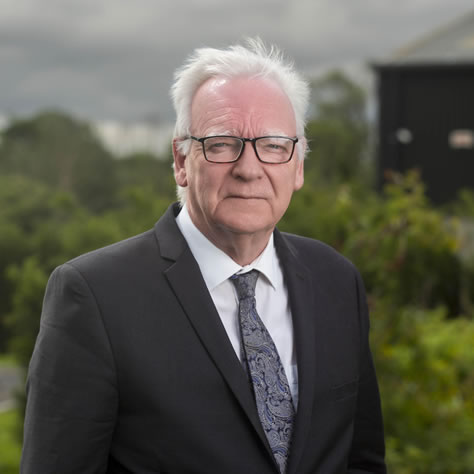
 Tentative title | Meat Science- Future Challenges and Immediate Actions
Tentative title | Meat Science- Future Challenges and Immediate Actions
Session | Round table – Discussion session
Date and Time | Friday, August 8th 2025
Bio
Declan J. Troy is the Assistant Director of Research, Teagasc – The Irish Agriculture and Development Authority. He also is Director of Technology and Knowledge Transfer for the Teagasc Food Programme and is Head of the Teagasc Ashtown Food Research Centre.
During his career he has published over 150 scientific peer reviewed publications, books, book chapters and scientific articles, mainly in the area of meat science. The main focus of his research is on the biochemistry of muscle proteins and their role in meat tenderness. Declan has always encouraged the up-take of science-based innovations by the food industry and has interacted widely with the sector to this end. His work has contributed to the introduction of new technologies at industrial level particularly in Irelands competitive beef sector. In 2017 he was awarded the American Meat Science Association’s International Award. He has collaborated in his research programme with many different research groups from Europe and all around the world including Australia, Korea, New Zealand, Uruguay, China, Brazil, Spain and the USA.
Declan has fostered highly successful international collaborations and exchange of knowledge in food science by coordinating numerous EU and nationally funded research projects worth more than €100 million that supported 135 PhD students globally in different laboratories at collaborating institutions. Most recently he established and was appointed as the Director of the National Prepared Consumer Food Centre (a world class food NPD facility for food innovation) in Teagasc funded by the Department of Agriculture, Food and the Marine (€12m).
Declan sits on many national and international committees formulating research priorities in food science and advising state agencies and companies. He is currently a member of the UNECE Working Group on Meat Quality. He was Chairman of the World Congress of Food Science and Technology 2016 (IUFoST 2016) in Dublin in his capacity as President of the Institute of Food Science and Technology of Ireland. Along with IUFoST he chaired the inaugural Food Business Summit during IUFoST 2016. He presently is a member of the IUFoST Board of Directors. He has also been appointed (2019) as head of the International Secretariat of the International Congress of Meat Science and Technology (ICoMST) of which he was chair both in 2006 (Dublin) and 2017 (Cork) and he is the Academic Leader of Meat Technology Ireland (MTI). In 2022 he hosted the 1st International Meat Summit- the role of meat in Society – what the science says.. which was attended by 150 thought leaders from around the world and is continuing to make impact globally.
In 2024 he was appointed as a Fellow of the International Academy of Food Science and Technology (IAFoST).
Declan has a strong interest in supporting Early Stage Career Scientists and represented IUFoST at the International Science Council Meeting in this regard in Paris in 2023.

 Tentative title | Meat Science- Future Challenges and Immediate Actions
Tentative title | Meat Science- Future Challenges and Immediate Actions
Session | Round table – Discussion session
Date and Time | Friday, August 8th 2025
Bio
LEROY Frédéric graduated as a Bioengineer (Ghent University, 1998) and obtained a PhD in Applied Biological Sciences at the Vrije Universiteit Brussel (VUB, 2002), where he now holds a professorship in food science and (bio)technology. His research deals with food processing, fermentation, nutrition, and interdisciplinary 'food studies', with a particular focus on animal-sourced foods, He is a member of academic non-profit societies, i.e., the Belgian Association of Meat Science and Technology (BAMST, president), Belgian Society for Food Microbiology (BSFM, president), and Belgian Nutrition Society (BNS). On a non-remunerated basis, he also serves on the Scientific Board of the World Farmers' Organization (WFO) and FAO/COAG Sub-Committee on Livestock. Leroy is one of the founders of the 2022 Dublin Declaration of the Societal Role of Livestock, and the 2024 Denver Call for Action.
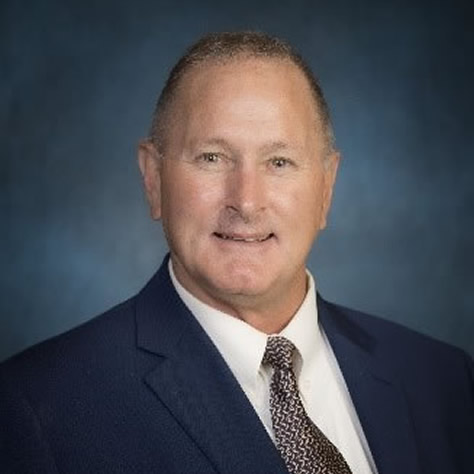
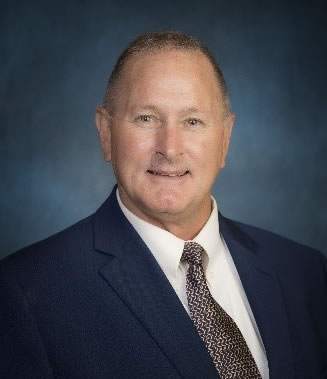 Tentative title | Meat Science- Future Challenges and Immediate Actions
Tentative title | Meat Science- Future Challenges and Immediate Actions
Session | Round table – Discussion session
Date and Time | Friday, August 8th 2025
Bio
Keith Belk serves as Professor and Holder of the Monfort Endowed Chair, Center for Meat Safety & Quality, Colorado State University (CSU), and as an Adjunct Professor in the Colorado School of Public Health. Previously, he served as Professor and Head of the Department of Animal Sciences at CSU. He earned B.S. and M.S. degrees from CSU, and a Ph.D. from Texas A&M University. He has been employed in the private sector as a buyer by Safeway, Inc., and by the USDA Agricultural Marketing Service in Washington, DC, as an International Marketing Specialist. At CSU since 1995, he has authored or co-authored >276 refereed scientific journal articles, provided over 530 invited presentations, generated >$23M in extramural research funding, and was the primary inventor on two patents. He served as the state Meat Extension Specialist between 1995 and 2000, on the Editorial Board for the Journal of Animal Science in 1997-2000, on the Board of Directors for the American Meat Science Association (AMSA) between 2003-2005, and as President of AMSA in 2009-2010. He currently serves on the International Committee for the National Western Stock Show, the Board of Directors for the International Stockmen’s Educational Foundation, on the Academic Advisory Committee for the Meat Institute Protein PACT, and on the technical advisory committees for JBS and Colorado Premium Foods.
